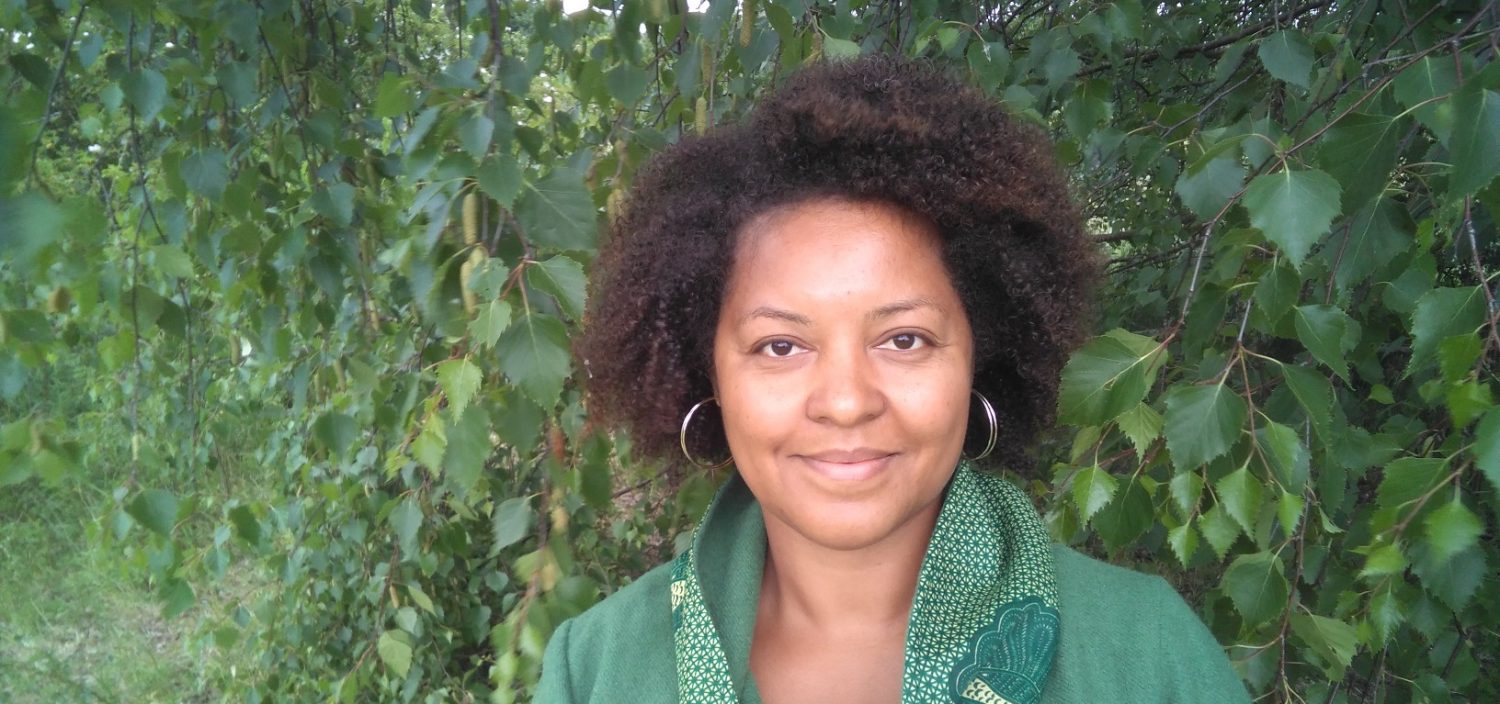Today less than one in 10 children play regularly in green spaces, half the number of children who played outdoors a generation ago …
This article was first published by London National Park City
Older generations know from experience how nature can help us feel good, it is vital that we ensure younger generations can also discover the beauty and wonder of spending time in nature for themselves.
Today less than one in 10 children play regularly in green spaces, half the number of children who played outdoors a generation ago. 7 out of 10 people feel they are losing touch with nature, 1/3 of people don’t feel they know enough about wildlife to pass knowledge on to their children. An average 8 year old 100 years ago could roam six miles from their house by themselves, 30 years ago it was half a mile and today many 8 year olds are not allowed onto the street by themselves and are confined inside.
Notwithstanding the myriad reasons why, children not having access to nature is becoming a Child Rights issue.
We’re in danger of normalising a culture of confinement. In the UK 3/4 of children spend less time outside than prisoners. Children are shuffled from indoors at home to indoors at school and back again. Indoor orientated lifestyles have led to personal, intimate connections decreasing, and technology being substituted for companionship and parenting. Confinement is marked by both physical and emotional deprivation, shutting children off from conditions needed to flourish; healthy relationships with people and place.
No wonder large numbers of children in London feel lonely, isolated, depressed, angry, stressed and unsatisfied. They are starting life with less physical freedom and less face to face contact with people and the natural world.
Nature deficit is a term used to describe a lack of exposure to nature. By definition, a deficit is a lack of something that is needed, it is the state of not having enough of something necessary. Nature deficit is a form of neglect, of lacking something necessary.
Withholding access to the outdoors is how we punish prisoners. Encouragement of a relationship with nature is how we should nourish children.
Hopefully we need no other reason than the self-evident truth that a desire to enjoy nature is part of the human condition (and rejection of nature is a sign of an impaired relationship with nature). However, if there is doubt, the UN Convention on the Rights of the Child provides a legal and moral imperative that a child’s education should include ‘the development of respect for the natural environment’, and that a child has a right to ‘rest and leisure, to engage in play and recreational activities appropriate to the age of the child’.
Enjoyment of nature is an inheritance that we must pass down to children, not just squander on ourselves, leaving younger generations with nothing. We need to create the conditions for enjoyment by ensuring that there are accessible natural spaces; by protecting, conserving and introducing green space in the areas where we reside, and ensuring there is a connection to natural spaces by nurturing a family culture of spending time in nature.
